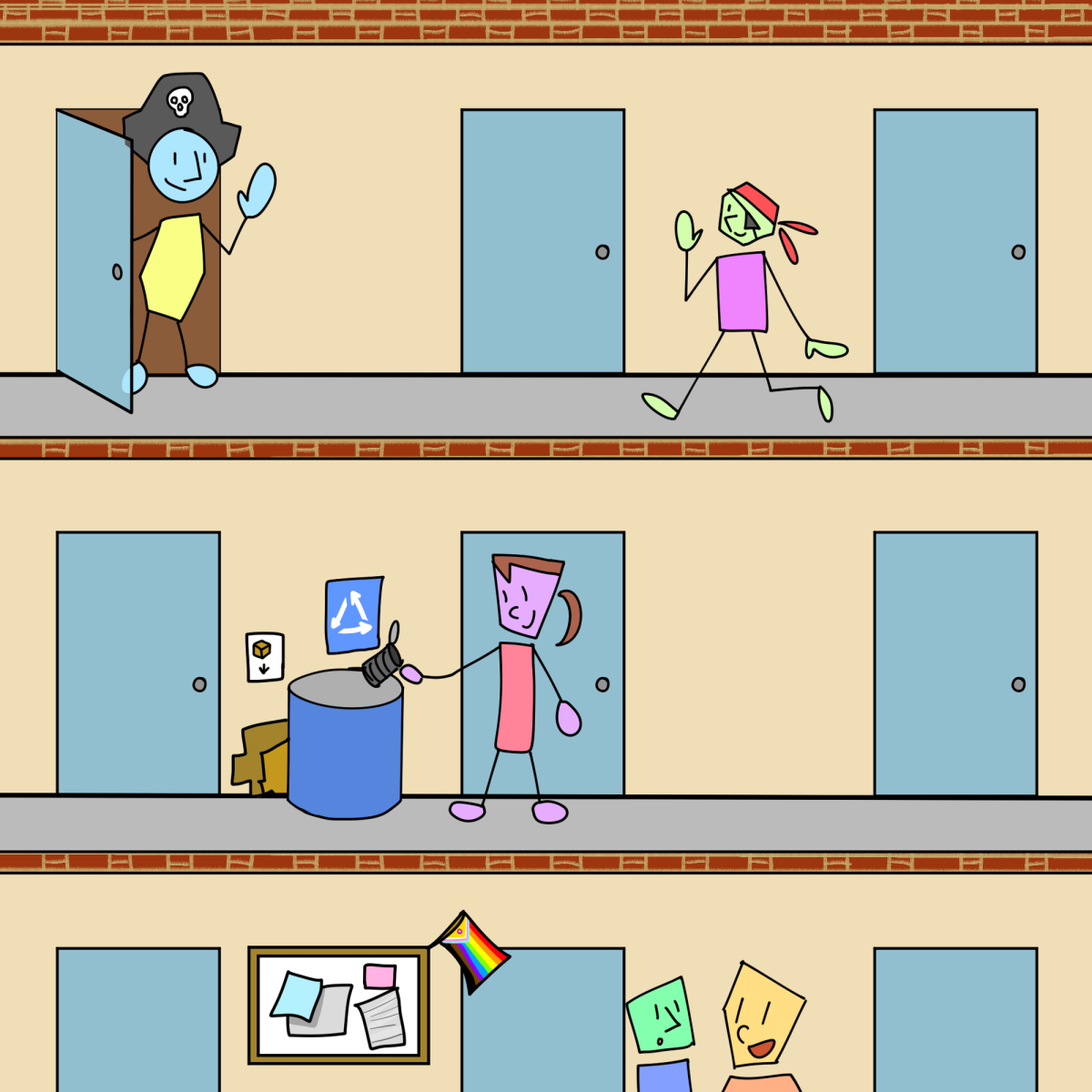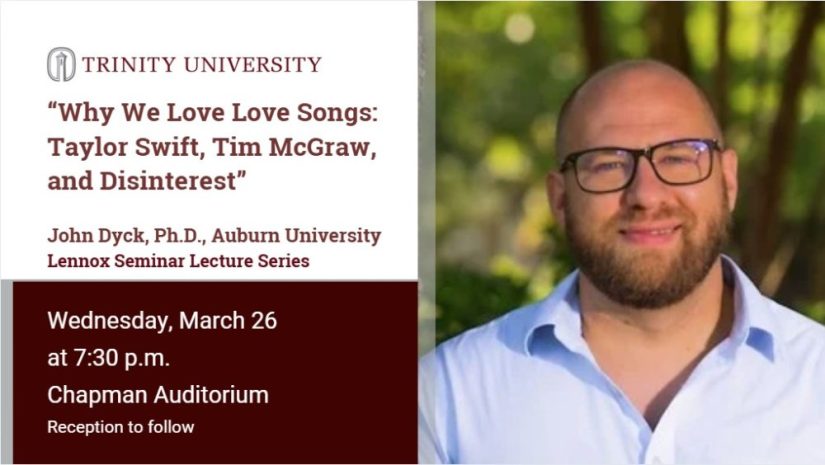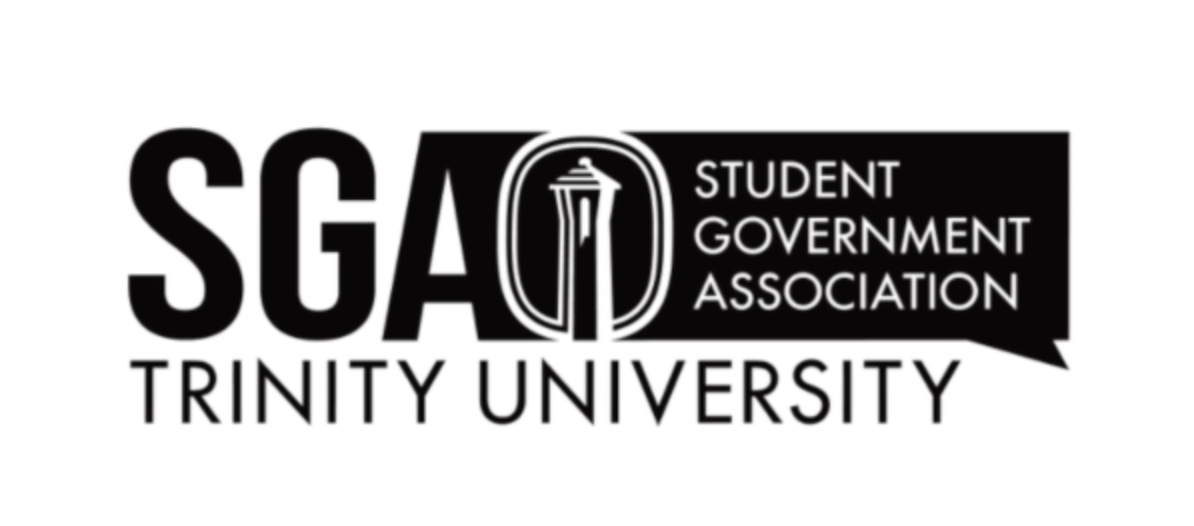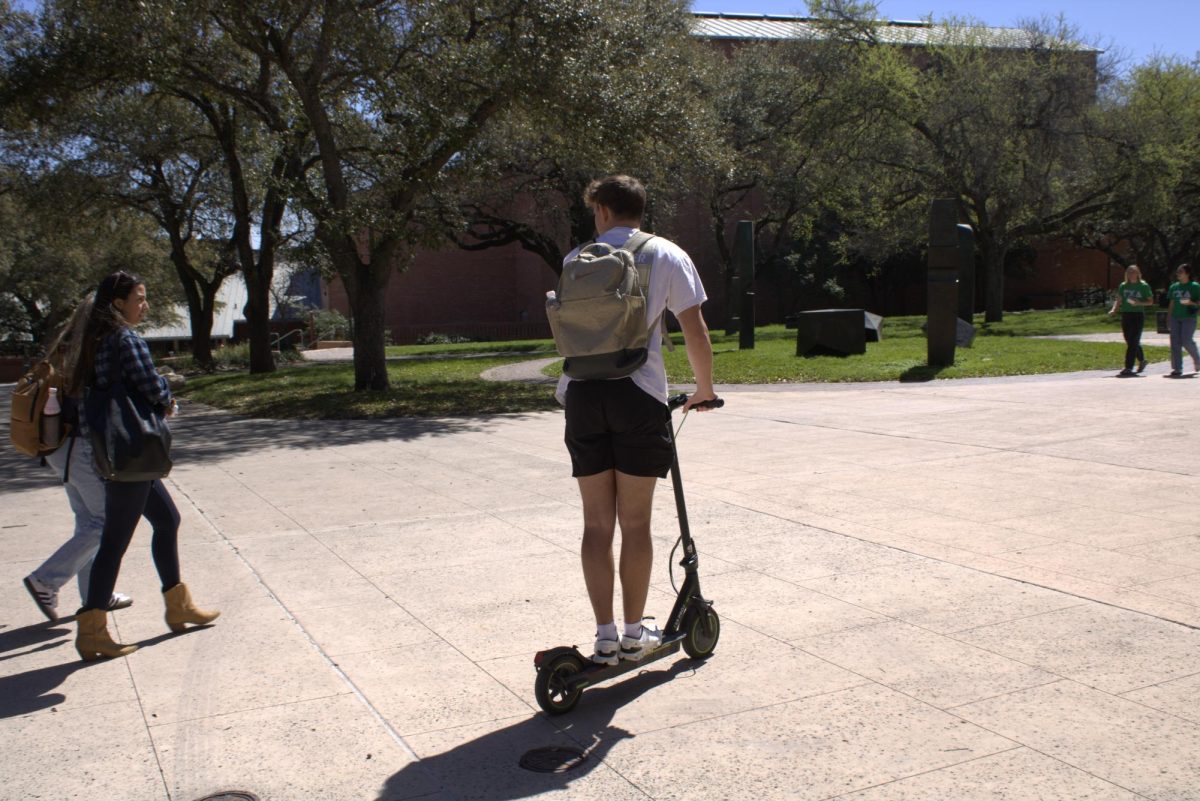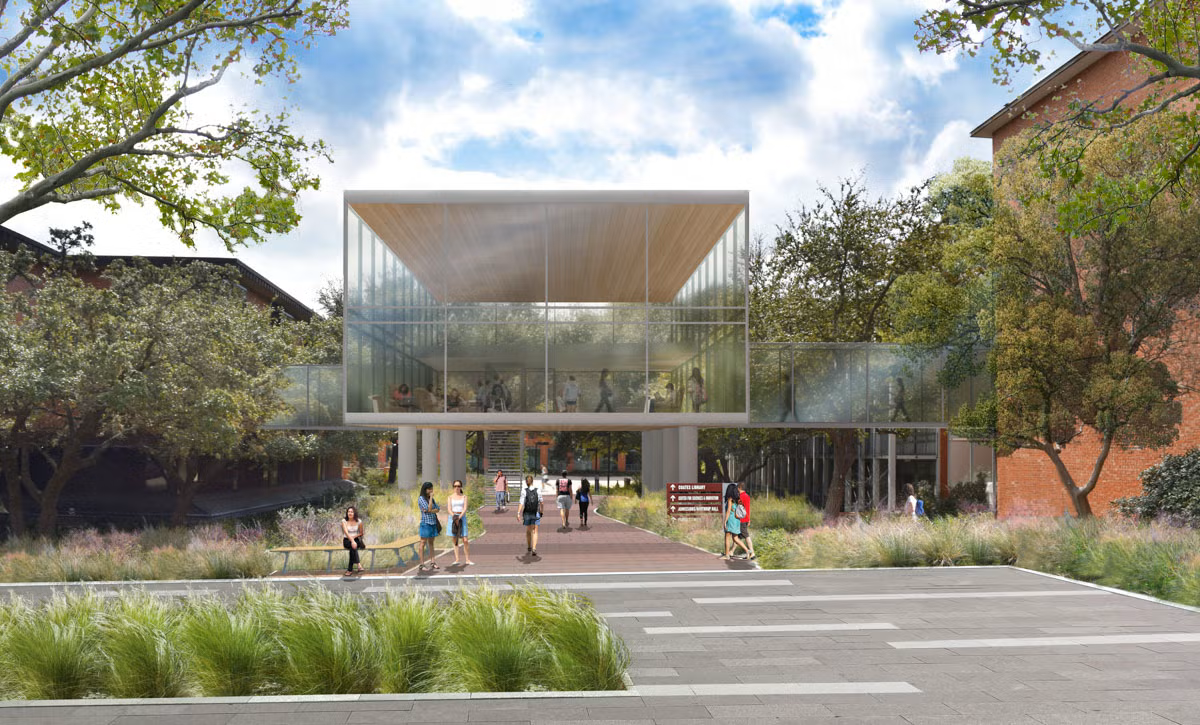With room selection slated for April 1-21, the question of where to live is on students’ minds. Though some students may want the typical dorm experience, Trinity’s living communities add a twist to on-campus living for those looking for a change of pace.
Living communities serve a variety of different purposes for the residents, from inclusion to substance-free living. The four living communities that rising sophomores, juniors and seniors can choose from are the Gender-Inclusive Hall, the Asian Culture Living Community (ACLC), HOPE Hall and the Swashbucklers.
The Asian Culture Living Community is in its first year of existence with nine residents this semester and is looking to grow. The hall is open to any student interested in learning about Asian culture. Elia Sato, junior psychology major, seeks input from all students.
“It’s open for everybody. There are lots of activities, cultures to learn about and there’s free food,” Sato said. “We want opinions from other students about what they want because our main goal is to focus on what they want and what we can provide for them.”
Last year was the time to strategize and plan how the ACLC could be realized. Stephen Field, Chinese language and literature professor and co-director of East Asian Studies at Trinity (EAST), emphasized that the living community is an opportunity to be immersed in and learn about Asian culture.
“It is really gratifying to see how students have worked to get the Asian Culture Living Community (ACLC) up and running,” Field wrote in an email. “The community gives students the opportunity to immerse themselves in aspects of Asian culture without leaving the confines of their dorm.”
While the ACLC promotes culture, Swashbucklers is a community rooted in being substance-free. Founded in 2005 on the basis that college can be enjoyable without the need for substances, as explained in a 2017 university article, the Swashbucklers is the only substance-free living opportunity for upperclassmen.
People outside the organization may know the Swashbucklers for Haunted Hall during Halloween, but movie and game nights and murder mystery events are other ways for people to get to know the group. Carolina Herrera-Favela, senior biology major and third-year Swashbuckler, emphasized that the events create community on campus.
“I think it’s a good way to not be forced to interact with people, but just finding people that are interested in doing the same thing as you,” Herrera-Favela said.
For students who might be hesitant to join a living community, talking to people already in the organization can demystify the community for interested members. Herrera-Favela mentioned the benefits of social gatherings.
“It was scary going in at first because of the already established friend groups,” Herrera-Favela said. “Eventually, I got to meet people that I was surprised to relate to.”
HOPE Hall is dedicated to service, learning and volunteering in the San Antonio area. The community is open to first-year through senior students who want to serve their wider community. Lilyanna Armstrong, junior biochemistry and molecular biology major and hall director, mentioned that HOPE Hall is an option to live in a community serving a higher purpose.
“We’re another source of community that is goal-oriented,” Armstrong said. “We want to build community while also volunteering and interacting and learning with people in our community.”
Categories:
Students’ choice: Living communities on campus
These four dorms put a unique twist on the traditional dorm
Synergy between living communities, color version
More to Discover
About the Contributor
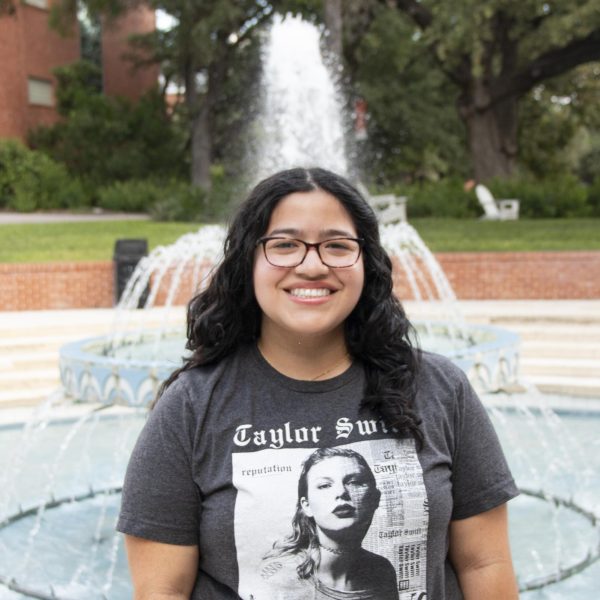
Monica Martinez, News Reporter
Hi! My name is Monica Martinez (she/her), and I’m a Junior human resource management and communication double major. I am a news reporter for the Trinitonian and I love cats! I’m a trumpet player in Trinity’s new mariachi ensemble, a TU student ambassador, and I’m the VP of administration for our new society of human resources (SHRM) chapter. When I’m not studying, I enjoy listening to Taylor Swift and crocheting if time permits. I joined the Trinitonian to learn more about my campus community and write about the issues and events that affect the student body.

